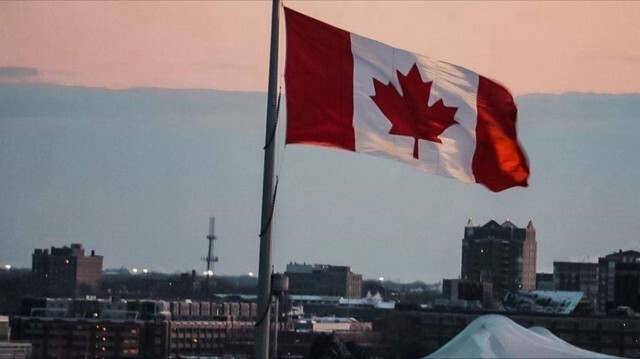07 March 2023 -
Suzanne Clark, who has led the advocacy group since 2021, said the business community is worried about becoming the “boy who cried wolf” about regulatory overreach since they’ve talked about it for so long.
Lawyers working for the US Chamber of Commerce are the busiest they have been in years as President Joe Biden’s administration rolls out new regulations, the group’s CEO said.
Suzanne Clark, who has led the advocacy group since 2021, said the business community is worried about becoming the “boy who cried wolf” about regulatory overreach since they’ve talked about it for so long. But new rules warrant action, she said in an interview on Monday with Bloomberg News.
“It’s been a massive shift,” Clark said. “I don’t know that our litigation centre has ever been this active in decades and decades of history.”
The chamber is gearing up for a lawsuit against the Federal Trade Commission over a proposal that would prohibit companies from enforcing non-compete clauses in employment contracts. The agency argues that such agreements undermine labour competition, limit innovation and suppress wages.
The business lobby threatened in January to sue if the rule were to move forward.
“This feels like a test case to us. They’re going to come in and see if they can regulate competition to see if they can get away with this as a foot in the door of what else they could do,” Clark said.
The US Chamber has also filed lawsuits in the past year over the Securities and Exchange Commission’s rollback of proxy adviser rules and the Consumer Financial Protection Bureau’s expansion of its examination manual to include discrimination.
“It’s not that we are feeling particularly litigious,” Clark said. “It’s that we’re feeling this expansion of government in a really big way.”
Clark also said US controls on technology sold to China must be calibrated to avoid punishing companies that are selling goods to the world’s second-biggest economy that don’t put national security at risk.
Export controls can be a “blunt instrument,” Clark said, cautioning the Biden administration to take a nuanced approach.
Clark said she’s had private conversations with US commerce secretary Gina Raimondo about some of the group’s concerns, while declining to elaborate.
“There’s some combination of real fear and concern about the national security threat, and real fear and concern about the American economic security threat if we’re not nuanced,” she said.











